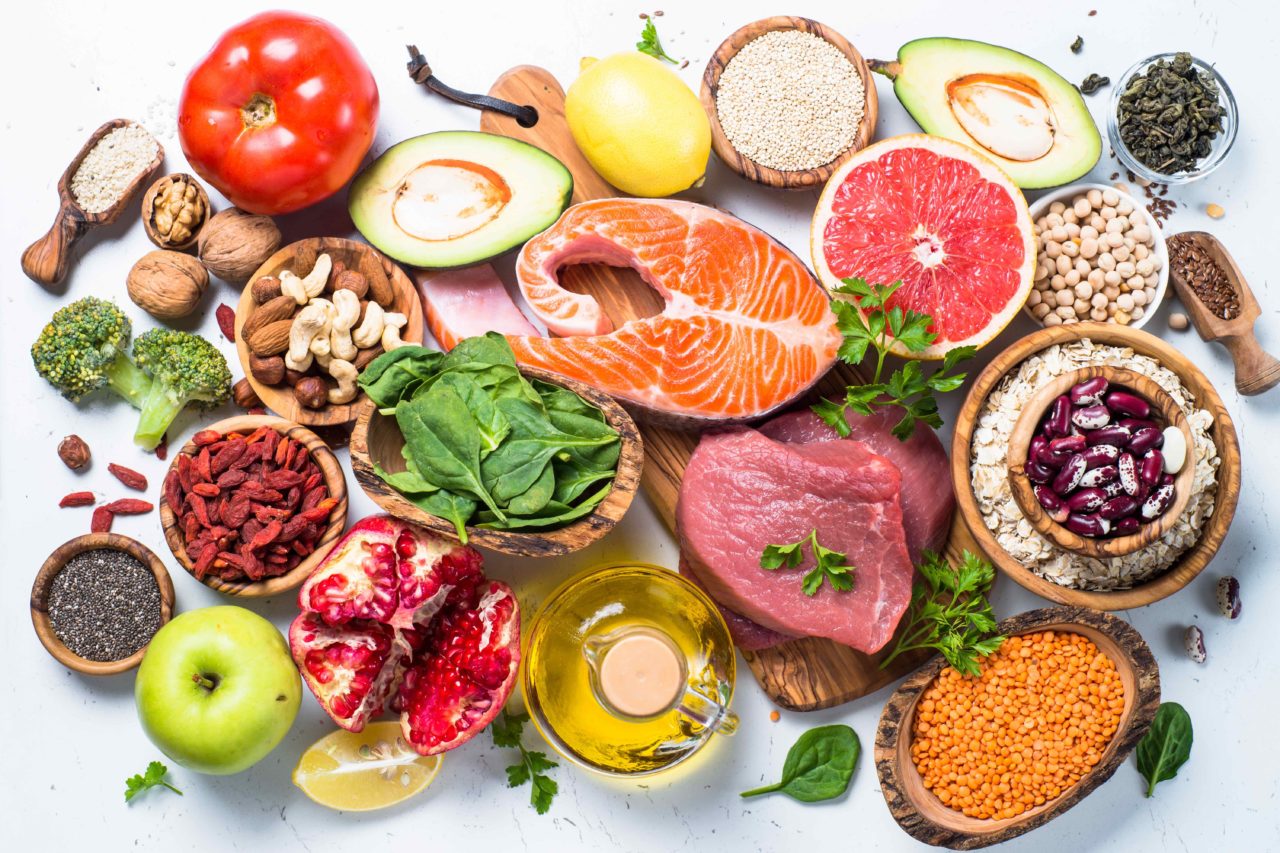HOW SWEET IT ISN’T: On December 1, the UAE government enacted its first-ever tax on sugary drinks. And on January 1, many people will vow once again to change their eating habits for good. That’s why livehealthy.ae is taking a closer look at scientific and anecdotal evidence telling us that the sugar we love to eat is hurting our health.
It is potentially more addictive than tobacco, harder to metabolize than fat and wreaks havoc on the body. Yet a vast majority of us constantly crave sugar and consume a shocking amount of it.
But as with any lifestyle change or addiction, cutting back on sugar is terribly hard. Headaches, cravings and mood swings can quickly ensue. So is it better to quit cold turkey or wean off sugar slowly over time, riding out the cravings and symptoms of physical withdrawal?
Rola Fakhri Al-Talafha, a clinical dietician at Bareen International Hospital in MBZ City, advocates a slow and steady approach.
“It is advisable to reduce sugar intake gradually and not immediately, so your sugar cravings will adjust over time,” she says. “Cutting out all simple sugars works for some people, while others find that going for protein-rich food helps keep their sugar cravings at bay after a few days. Over time, they are able to train their taste buds to be satisfied with a significantly lesser amount of sugar intake.”
While sugar is easy to spot in candy, soft drinks and ice cream, it also hides out unexpectedly in many processed foods including bread, yoghurt, juices and cereals, says Al-Talafha.
The American Heart Association recommends limiting sugar intake to six teaspoons per day for women and nine teaspoons per day for men. But for the many people who are consuming far more than the recommended limit, simple measures, taken slowly, can work.
“Every now and then, allow yourself to enjoy a sweet treat so that you will not feel totally restricted,” says Al-Talafha. “The feeling of being deprived makes the craving for sweets even stronger, so nip it in the bud.”
And when sugar cravings hit, turn to fruits instead of chocolates or sweet pastries as they are also a good source of fibre and nutrients.
Slowly replace processed sweets with healthier options like nuts and seeds, which are loaded with fibre and slow down the digestion of carbohydrates and absorption of sugar.
Eating small meals frequently will also satisfy cravings, Al-Talafha advises.
“Waiting too long in between meals may prompt you to choose sugary foods over healthier options. What’s more, eating every three to five hours can help keep your blood sugar within normal levels.”
Other tips include staying hydrated and drinking plenty of water. Often, hunger pangs are actually just thirst signals. Infuse your water with fruits or herbs, which adds flavor without calories or sugar.
“To help take your mind off sweets, take a walk or go for a run within your neighborhood,” says Al-Talafha. “The endorphins released during and after exercise will curb the longing for sugar.”
While fats have been lumbered with the bad reputation when it comes to diets, sugar is “the actual villain of the story”, says Dr Shobha Shetty, a specialist in internal medicine at Abu Dhabi’s Medeor 24X7 Hospital.
“There are good fats and bad fats and people should understand that it is very important to incorporate good fats in our diet and avoid bad fats and the added sugars and carbs.”
Dr Shetty also advises a gradual reduction in sugar consumption, while cautioning that every body and mind is different.
“All patients cannot be treated the same way,” she says. “The diet needs to be customized for each and every person depending on their needs, likes and calorie requirement. Hence asking a patient to completely go off sugars will not be sustainable as he or she might have a rebound effect due to frustration.
“We need to train the mind that cutting out sugars is a healthy and beneficial lifestyle change and eventually it is accepted.”
Dr Shetty recommends choosing protein-rich foods – legumes, pulses, animal sources of proteins and egg whites – and good fats, such as cheese, butter, clarified butter, nuts, oils with omega 3 fatty acids, avocados, egg yolks, and fruits. We should always choose these foods over foods with refined carbohydrates like sugar, biscuits, cookies and cakes and sugar-laden drinks.
“It might be very demanding on a patient to have a diet makeover but eventually it postpones various diseases like diabetes, hypertension, hyperlipidemia and also prevents obesity.”

